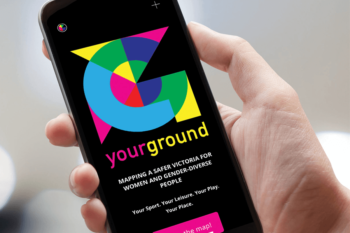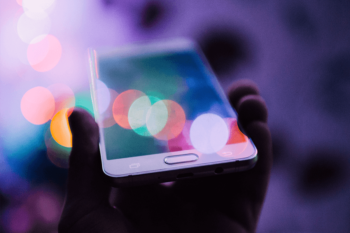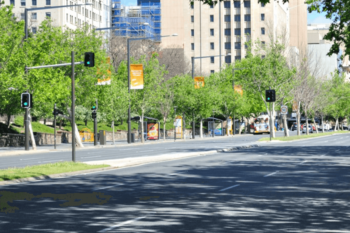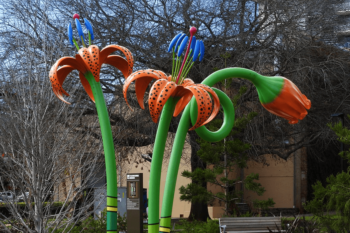Systems and citizen science for people with disability
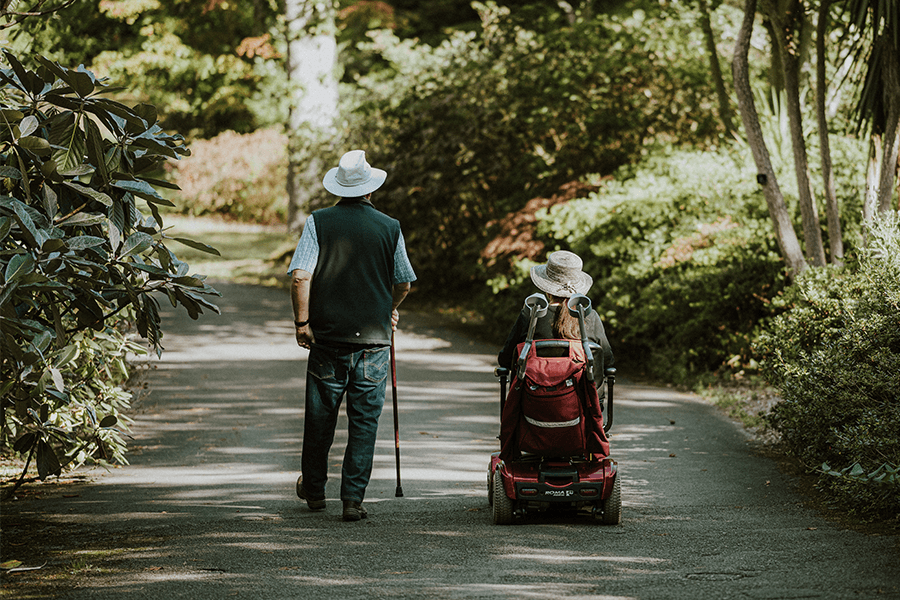
DATE
Time to AEST
Event Series Community of practice
Location Online
The Dignity Project, creates systems that increase dignified experiences for people with disability through citizen science
For two years, the Dignity Project has undertaken a suite of projects to understand what dignity means for people with disability and how to ensure they can have dignified experiences in interactions with services and systems. Kelsey Chapman (PhD candidate and academic research lead) and Angel Dixon OAM (citizen research lead) from the Dignity Project, a research and advocacy initiative at Griffith University will share how they designed and conducted dignified citizen science in partnership with citizens with disability to produce results and recommendations for action by policymakers and service providers. The Dignity Project is a 2022 finalist for the Eureka Prize, Innovation in Citizen Science.
Using citizen science to explore barriers to walking for people with and without disabilities
This project was part of a broader study aimed at better understanding the links between walking as a behaviour, people’s perceptions, and the objective characteristics of the built environment for people of diverse ages, with and without disability. In this project, four citizen scientists, including two who are blind, used a smartphone app to record features of and rate their walking environments. Dr Tamara Bozovic will describe the project design including their use of an app for data collection, challenges, findings and reflect on working with citizen scientists who are blind.
Recording and summary: An overview of the session is included below (text). The recording of the session is available here or a visual summary in PDF format here.
Session overview
This session focused on the use of citizen science with disabled adults to support action and advocacy for inclusive physical environments and service provision. We note the use of both person-first (“people with disability”) and identity-first (“disabled people”) language in this summary, in line with the preferences of our presenters, the teams and citizen scientists they represent.
We heard about two citizen science projects in this space:
The Dignity Project, presented by Kelsey Chapman and Angel Dixon
Angel and Kelsey shared how they designed and conducted citizen science in partnership with disabled citizens to produce recommendations for action by policymakers and service providers to ensure dignity is preserved in interactions with health services and environments (see more here).
- The Dignity project is a research and advocacy initiative which aims to create systems that increase dignified experiences for people with disability through citizen science.
- The Dignity project is led by people with and without disability, citizens and academic researchers in partnership to deliver meaningful outcomes.
- Over the past two years, the team have undertaken a suite of projects to understand what dignity means for people with disability and how to ensure that people with disability have dignified experiences and interactions in mainstream services and systems.
- The project used an extreme citizen science approach, involving citizen scientists in all phases of the research and acknowledging them as integral partners. This included a range of activities with citizen scientists including qualitative data collection to gather and make sense of information about their use of amenities, services and systems using a method called wayfinding.
Findings from this project were presented under four key themes along with recommendations for each theme:
- Universal design and/or eliminating barriers, with a focus on designing based on key principles such as flexible use that work to make environments, services and products usable by the highest number of people and with the goal of removing barriers for all users:
- Decisions about funding and spending must include marginalised voices
- Co-design and collaboratively identify priorities for improving access
- Retro-fit existing infrastructure, and if not possible, seek alternative means for inclusion.
- Improve system navigation and sense-making with information:
- Information that is inclusive, accessible, visible, transparent, consistent and accurate is an important mechanism for maintaining and supporting dignity.
- Importance of frontline staff to retain a sense of dignity:
- Systems must support staff to be engaged and empathic, which means organisational pressures such as time, resources, skills, and COVID-19 must be addressed, and organisations are urged to implement empathy training that’s co-designed by people with disability.
- Creating spaces for voice, choice and independence:
- Community consultation and co-design of system change is necessary to better understand the system-specific barriers that limit voice and choice
- Opportunities for people with disability to express choice and enact independence should be embedded across policy and procedure activities and will need to consider the organisational factors and constraints specific to each service.
Citizen science examining perceived walkability, presented by Dr Tamara Bozovic
Tamara provided insights about how they applied citizen science to examine walkability of local neighbourhoods in Auckland with blind people and the takeaways generated.
- Citizen science was used after interviewing 56 people, half of whom had at least some difficulty with one or more of the following: walking / seeing / hearing / remembering or concentrating. The interviews examined walking behaviour and specific features of the environment perceived as barriers to walking, as well as aspects enjoyed (see a brief video of interview findings here). These participants were then invited to join the research team as citizen scientists.
- Four people aged 40+ participated as citizen scientists, of whom two were blind; one had some difficulty walking and was the primary carer of her husband, having dementia; and another was non-disabled.
- Citizen scientists were asked to document walks of their choice and to document anything about their environment that may support or hinder walkability. The Our Voice Discovery Tool mobile app was used to enable data gathering of photo, text and/or audio data. The app also automatically tracks geolocation.
- This process highlighted the potential of the app but also issues and limitations in terms of usability for blind people. Special arrangements were worked out with the blind citizen scientists, such as walking with another person who would take photos for them.
- Findings demonstrated a need for greater inclusion and accessibility of data gathering tools to enable use by disabled citizen scientists. Several adaptions and recommendations were made, such as using wearable cameras and recording devices with GPS and physical switches to enable use by blind people.
- Findings also highlighted the differences between a citizen science approach and traditional interviews, regarding features considered important for walkability: the citizen science approach seemed to facilitate a more granular and rich data collection, including ‘micro’ features (such as for instance specific footpath obstructions), mentioned more often and presented in more detail than in the interviews.
- Finally, Tamara offered reflections about the reasons for this difference, probably having to do with the relative ease of inputting feedback through the app (photo, voice recording, and “good and/or bad” button).
Related resources
-
Community of practice: Systems and citizen science for people with disability
Resource category:Videos
Date
